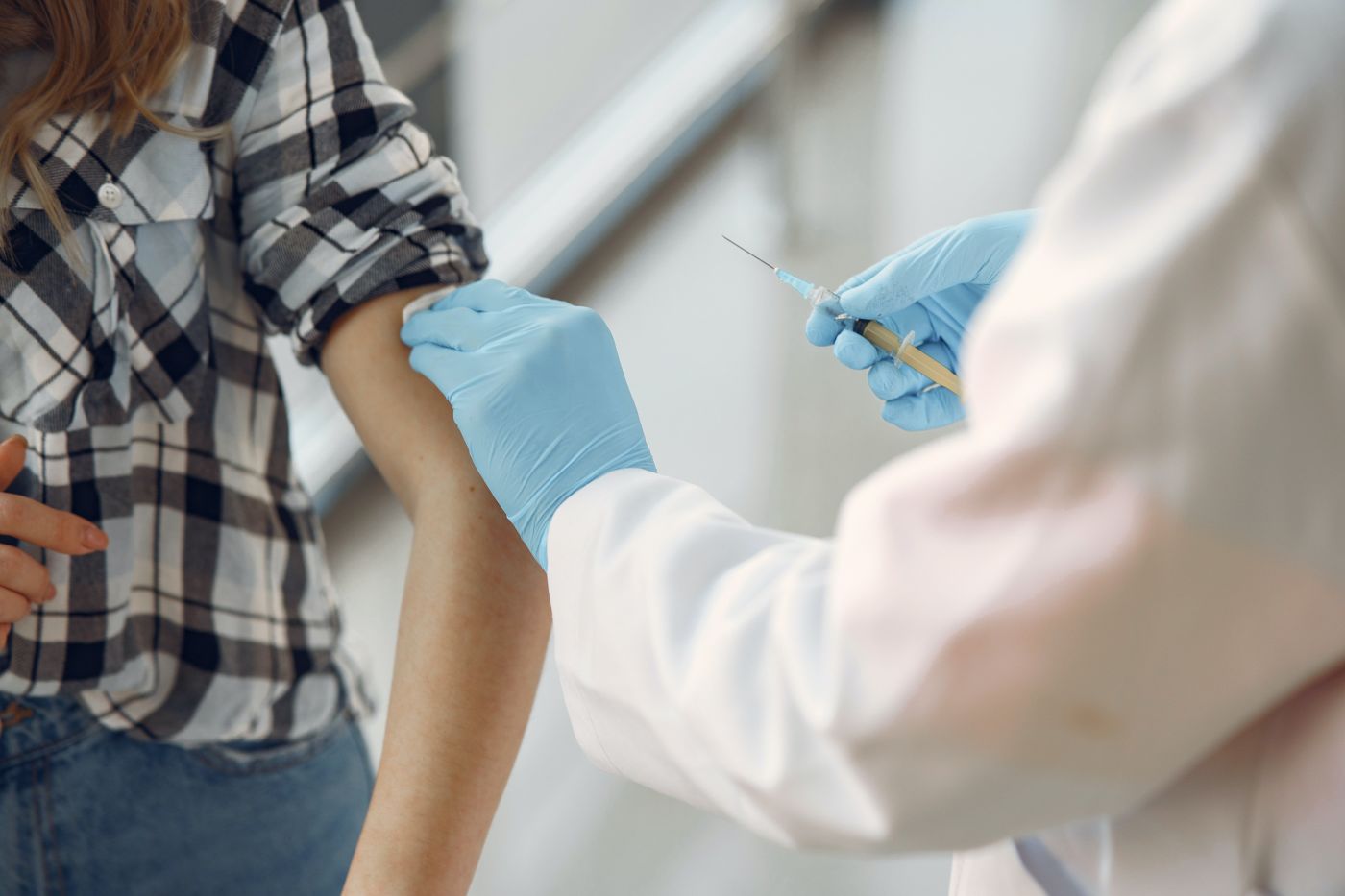
MOST COMMONLY COMPENSATED INJURIES UNDER THE NATIONAL VACCINE INJURY COMPENSATION PROGRAM
The National Vaccine Injury Compensation Program (NVICP) provides compensation for individuals who suffer an adverse reaction to a vaccine. Although vaccines are capable of causing a wide variety of injuries, some injuries occur more frequently than others. As a result, some injuries are more commonly filed and compensated under the NVICP than others.
Commonly reported vaccine injuries reported to the NVICP include the following:
SIRVA
The most frequently filed vaccine injury is known as a SIRVA, or “Shoulder Injury Related to Vaccine Administration”.
This is actually not a reaction to the vaccine itself, but an injury related to the incorrect administration of the injection. Simply put, the vaccine is not administered properly, and the individual suffers an injury to their shoulder as a result. Common SIRVA injuries include, but are not limited to, bursitis, rotator cuff injuries, and adhesive capsulitis.
Anaphylaxis
Anaphylaxis is a potentially life-threatening allergic reaction to vaccines. Anaphylaxis can lead to nausea and vomiting, low blood pressure, dizziness and fainting, constriction of the airways, difficulty breathing, and even death.
Brachial Neuritis
Brachial Neuritis is a form of peripheral neuropathy that affects the chest, shoulder, arm, and hand. Peripheral neuropathy is a disease characterized by pain or loss of function in the nerves that carry signals to and from the brain and spinal cord (the central nervous system) to other parts of the body. Vaccines may cause swelling and inflammation of the nerve fibers that send signals from the spinal cord to the shoulder, arm, and down into the fingers, resulting in Brachial Neuritis.
Vasovagal Syncope
Vasovagal Syncope occurs when you faint because your body overreacts to certain triggers. Vasovagal syncope is associated with a sudden drop in your heart rate and blood pressure, which leads to reduced blood flow to the brain. When this occurs, a loss of consciousness can result. Vasovagal syncope can result in hospitalization for a medical evaluation or reaction related to injuries. Technically, the NVICP does not compensate for vasovagal syncope itself, as vasovagal syncope itself rarely causes long-term, serious injuries. However, since vasovagal syncope involves fainting, individuals often suffer injuries (e.g., lacerations, bruises, etc.) when they faint. It is the injuries sustained as a result of fainting that are compensated through NVICP.
Encephalitis
Encephalitis is inflammation of the brain. Encephalitis typically occurs due to a viral or bacterial infection. However, vaccines can also cause encephalitis. When a vaccine causes encephalitis, symptoms typically begin within two weeks of vaccination. Common signs of vaccine-induced encephalitis include fever and flu-like symptoms, neurological dysfunction, muscle weakness, difficulties with coordination, fatigue, confusion, seizures, and altered consciousness. The pertussis and MMR vaccines are typically responsible for Encephalitis.
Chronic Arthritis
Chronic Arthritis is associated with vaccines containing the rubella virus (i.e., MMR and MMRV vaccines). For purposes of seeking compensation through the VICP, “Chronic arthritis is defined as persistent joint swelling with at least two additional manifestations of warmth, tenderness, pain with movement, or limited range of motion, lasting for at least 6 months.” In order to be eligible for VICP compensation, symptoms must occur between 7 and 42 days.
Guillain-Barre Syndrome
Guillain-Barre Syndrome (GBS) is a disorder in which one’s immune system attacks the nerves in the body. Weakness and tingling in your hands and feet are usually the first symptoms. The symptoms can spread quickly throughout the body, sometimes leading to paralysis. In severe cases, death can result. This syndrome is linked to a number of vaccines, including the yearly flu shot.
Who can file a petition with the NVICP?
There are three primary classes of individuals who may file a Vaccine Act petition. They include:
Individuals who received a vaccine and believe they have suffered an adverse reaction.
Individuals who are the parents or guardians of a child who received a vaccine and believe their child was injured as a result.
Individuals who act as the legal representative of the estate of a person whose death is thought to be linked to receiving a vaccine.
A prerequisite for having a compensable claim is that the adverse reaction symptoms must have:
Lasted for six months or longer,
Resulted in hospitalization and surgery, or
Resulted in death.
If you believe you’ve had an adverse reaction to a vaccine, please don’t hesitate to reach out to our law office at 614-389-9711.
To learn more about the National Vaccine Injury Compensation Program, download our free guide here.
